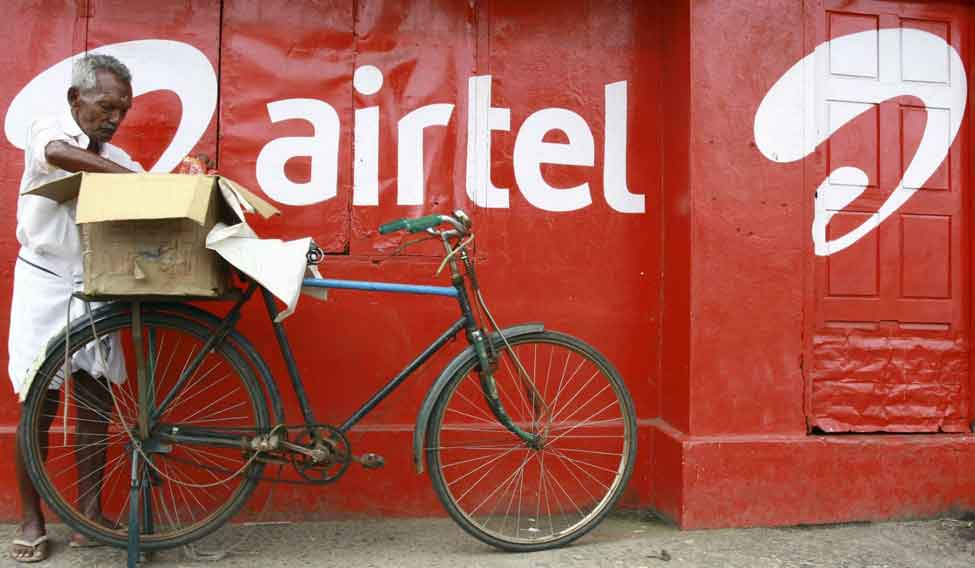In a landmark judgement on Monday, the Telecom Regulatory Authority of India ruled in favour of net neutrality by outlawing differencial pricing for internet services, essentially blocking Facebook's controversial Free Basics scheme.
Bascially, the ruling means internet service providers will no longer be able to charge discriminatory tarrifs for access to different type of content based on the deals they have cut with phone companies.
Summing up its observations and condition, the Telecom regulator on Monday introduced a set of fresh regulations called the 'Prohibition of Discriminatory Tariffs for Data Services Regulations, 2016'.
While not ruling explicitly on net neutrality, it suggests that Free Basics, which offered free access to hand-picked websites through Facebook's deals with phone companies, will not be allowed to continue in its current form.
“TRAI has today (Monday) issued the ‘Prohibition of Discriminatory Tariffs for Data Services Regulations, 2016’ that disallow service providers to offer or charge discriminatory tariffs for data services on the basis of content being accessed by a consumer,” Sudhir Gupta, TRAI secretary, said in a statement.
“While formulating the regulations, the authority has largely been guided by the principles of net neutrality seeking to ensure that consumers get unhindered and non-discriminatory access to the internet,” Gupta said.
Let's look at the three major clauses:
1) 'No service provider shall offer or charge discriminatory tariffs for data services on the basis of content.'
This means phone companies cannot charge customers' access to services like say Facebook any differently than for using YouTube, WhatsApp or Skype.
2) 'No service provider shall enter into any arrangement, agreement or contract, by whatever name called, with any person, natural or legal, that has the effect of discriminatory tariffs for data services being offered or charged by the service provider for the purpose of evading the prohibition in this regulation.'
This makes it more difficult to service providers to find loopholes in the ruling and enter into seemingly innocent contracts that subsequently violate the concept of net neutrality.
3) 'Reduced tariff for accessing or providing emergency services, or at times of public emergency has been permitted.'
A few hours after terrorists struck Paris on November 14, Google announced that all international calls towards France would be free over the Google Hangouts Dialer for Call Phones app. The above mentioned clause leaves enough room for service providers to offer similar services at times of emergencies.





